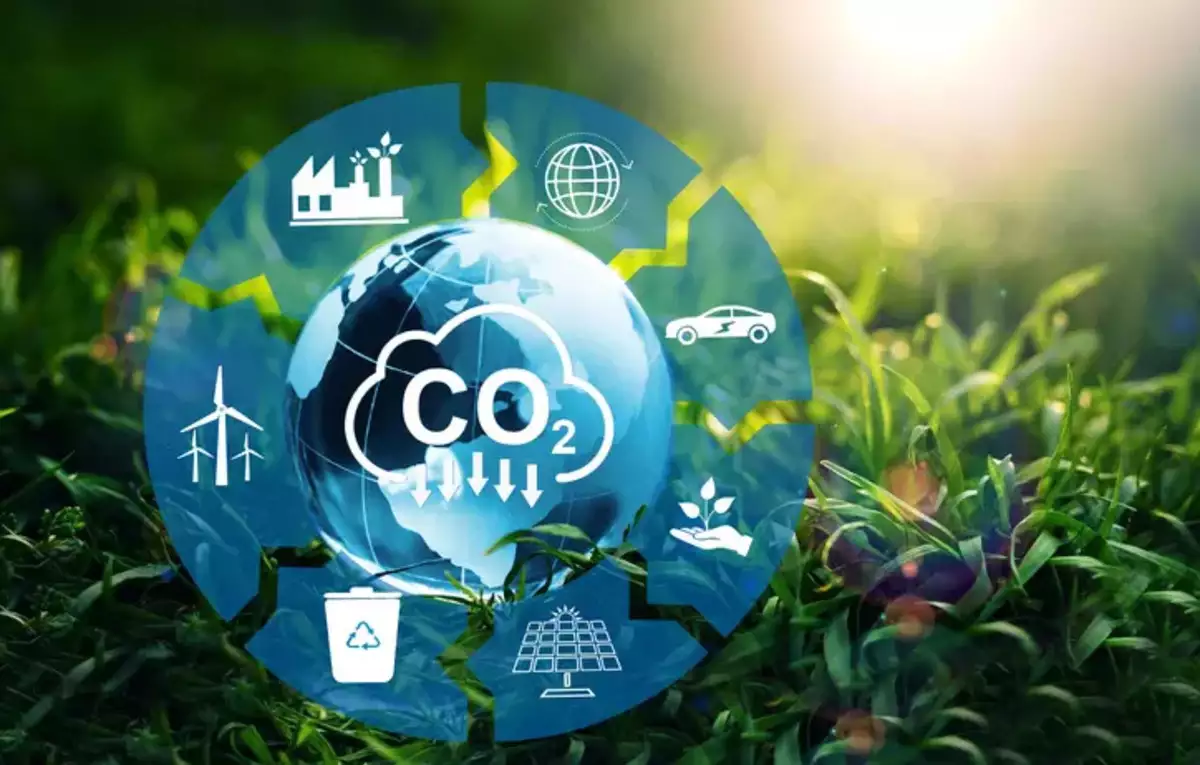In envisioning tomorrow’s world, one cannot ignore the imperative of carbon neutrality. This aspiration not only dictates our environmental stewardship but also profoundly shapes the legacy we leave for future generations. By committing to carbon neutrality, we embark on a transformative journey that reshapes our industries, communities, and lifestyles. In doing so, we not only mitigate the impacts of climate change but also sow the seeds of a sustainable and equitable future. At the heart of the vision for carbon neutrality lies a fundamental shift in how we produce and consume energy. Renewable sources such as solar, wind, and hydroelectric power become the cornerstone of our energy infrastructure, replacing fossil fuels and mitigating greenhouse gas emissions. This transition fosters innovation and drives technological advancements, spurring economic growth while reducing our dependence on finite resources. In embracing carbon neutrality, industries undergo a profound metamorphosis towards sustainability. From manufacturing to transportation, from agriculture to construction, every sector reevaluates its practices to minimize its carbon footprint.

Companies embrace circular economy models, where waste is minimized, and resources are reused, recycled, or repurposed. This not only reduces emissions but also fosters resilience in the face of environmental challenges. Communities become vibrant hubs of sustainability, where green spaces thrive, and clean air and water are cherished commodities. Urban planning prioritizes walkability, public transportation, and green infrastructure, fostering healthier lifestyles and reducing reliance on carbon-intensive modes of transportation. Local economies flourish as investments pour into renewable energy projects, green technology startups, and sustainable agriculture initiatives. The vision for carbon neutrality transcends borders, fostering global cooperation and solidarity. Nations come together to tackle the shared challenge of climate change, forging agreements and partnerships to accelerate the transition to a low-carbon future. Developing countries receive support to leapfrog traditional development pathways and embrace sustainable practices from the outset, ensuring that no one is left behind in the journey towards carbon neutrality.
Education becomes a cornerstone of the transition to carbon neutrality, empowering individuals with the knowledge and skills needed to thrive in a rapidly changing world. Curricula are redesigned to incorporate lessons on environmental sustainability, climate science, and renewable energy technologies from an early age. Perhaps most importantly, the vision for carbon neutrality is grounded in equity and social justice. As we strive to build a sustainable future, we must ensure that the benefits of carbon neutrality are shared equitably among all members of society. This requires addressing systemic inequalities, uplifting marginalized communities, and ensuring access to clean energy, clean air, and clean water for all. In embracing carbon neutrality, we not only mitigate the impacts of climate change but also pave the way for a brighter and more prosperous future for generations to come. It is a vision that calls upon us to transcend short-term interests and embrace the long-term well-being of our planet and its inhabitants. By working together towards carbon neutrality, Mowa carbon neutral have the opportunity to shape a world where future generations can thrive in harmony with nature, leaving a legacy of stewardship and sustainability for centuries to come.